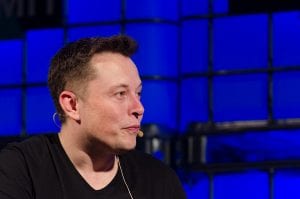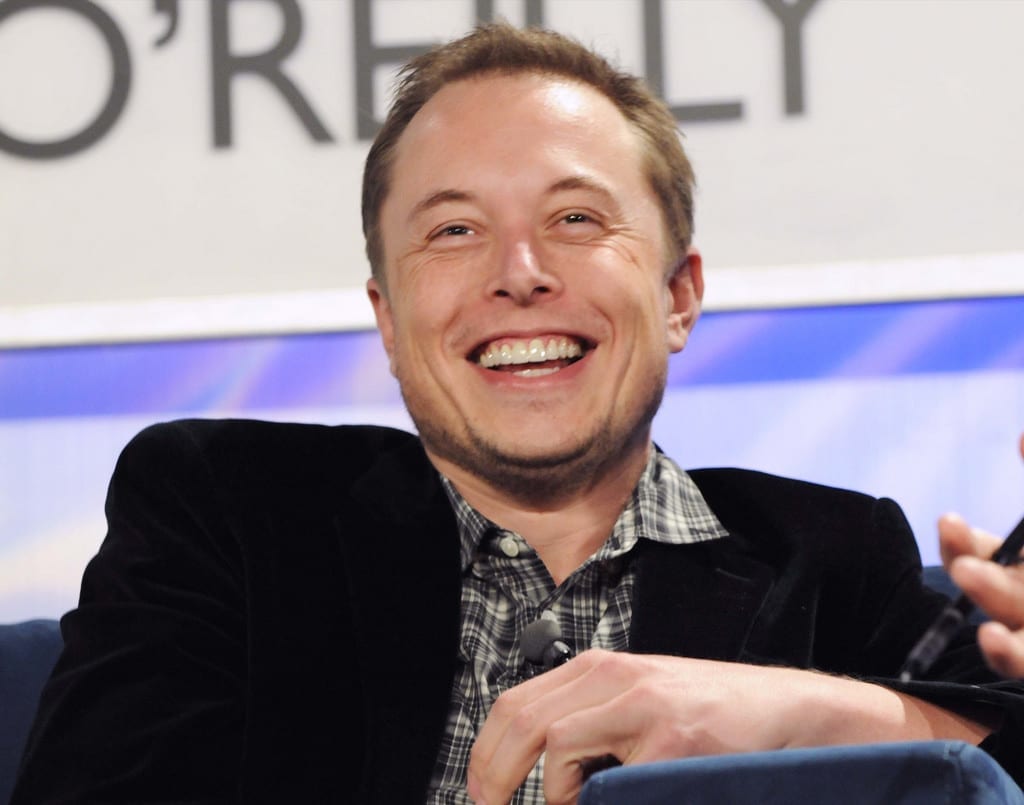The presiding judge indicated that Musk may have been overly involved in Tesla’s acquisition of SolarCity but nonetheless dismissed the lawsuit against him.
A Delaware court ruled in favor of billionaire Elon Mask in a shareholder lawsuit filed after Tesla’s acquisition of SolarCity.
According to CNBC, Tesla shareholders alleged that the company’s acquisition of the solar technology company amounted to a bailout.
In their complaint, the shareholders said that Musk—who sat on the board of both Tesla and SolarCity—pushed through the acquisition despite concerns of SolarCity’s financial viability.
The same lawsuit claimed that Musk “controlled” the board of Tesla, even though he had recused himself from some matters relating to SolarCity.
If Musk had the lost the lawsuit, he could have been compelled to pay upwards of $2 billion.
In his ruling, Vice Chancellor Joseph R. Slights admitted that Musk was more involved in the SolarCity acquisition than he should have been—but that the company’s other directors performed due diligence before approving the purchase.

“Elon was more involved in the process than a conflicted fiduciary should be,” Slights wrote. “And conflicts among other Tesla Board members were not completely neutralized. With that said, the Tesla Board meaningfully vetted the Acquisition, and Elon did not stand in its way.”
SolarCity, adds CNBC, was founded in 2006 by Musk’s cousins, Peter and Lyndon Rive.
Musk backed SolarCity from its establishment, serving as the chairman of both Tesla and his cousins’ solar technology company.
When SolarCity needed additional funding, Musk provided it—one case using his aerospace company, SpaceX, to purchase tens of millions of dollars in SolarCity bonds.
However, Musk maintained throughout the lawsuit that he never pressured other Tesla executives and board members to acquire SolarCity.
In trial, Musk said that the merger with SolarCity had essentially been pre-decided and was part of Tesla’s long-term “master plan.”
Nonetheless, Tesla shareholders said that Musk tried to misrepresent SolarCity’s commercial viability by showing that its finances were stronger than they really were, and misled investors into believing that SolarCity’s glass solar roof tiles were on the verge of release.
While Slights acknowledged the shareholders’ complaints, he observed that Tesla’s acquisition of SolarCity seems only to have benefited the company.
“As of trial, Tesla continued to rely on other solar companies to manufacture, produce, install, and sell parts of its solar products,” Slights wrote. “In other words, the synergistic integration that Tesla hoped for is still a work in progress. Despite these challenges, Tesla’s value has massively increased following the acquisition.”
Slights, adds CNBC, retired shortly after issuing his finding in favor of Musk.
Sources
Elon Musk Found Not Liable in SolarCity Lawsuit
Elon Musk wins shareholder lawsuit over Tesla’s $2.6 billion SolarCity acquisition


Join the conversation!